Discover Speak Out with Tim Wise
Speak Out with Tim Wise

 Speak Out with Tim Wise
Speak Out with Tim Wise
Author: Tim Wise
Subscribed: 625Played: 7,874Subscribe
Share
© Copyright 2025 Tim Wise
Description
Speak Out with Tim Wise is an informative and entertaining podcast aimed at promoting multiracial democracy and justice in dangerous times. The show features the biting, factual, and humorous commentary of its host, alongside dialogue with some of the nation's leading scholars, artists and activists, as well as grassroots community leaders whose voices are often ignored in the dominant media.
61 Episodes
Reverse
In this episode, I discuss the anti-lockdown protests and opposition to ongoing quarantining in the face of COVID-19. Rather than focusing on the extremist gun nuts, anti-vaxxers, and conspiracy loons behind some of this activity, I focus on the more reasonable fears of average, everyday folks, simply worried about the economy and their ability to support their families. But as I explain, however reasonable their fears may be, the assumption that we must choose our money/jobs or our lives/health is false. It is a position into which people have been placed only because right-wing ideology and policymakers resist the kinds of government support for families and workers that other nations provide as a matter of course. We could be doing the same things as nations like Denmark, for instance -- paying their people significant sums to stay home until the danger passes -- but our cultish devotion to the so-called free market and limited safety nets makes that unthinkable. And yet, using two thought experiments, I show that we WOULD do those larger state interventions IF the victims of COVID-19 were disproportionately white, affluent, healthy, and in the prime of their lives. Similarly, we would take that route if the virus had a much greater ability to spread or was as deadly as say, a chemical weapons attack. The fact that we could go the direction of a huge government support effort, but aren't doing that currently, proves that we value some lives more than others and that we value our ideology far more than the lives we're sure to lose if social distancing measures are lifted.
In this episode, I explore the importance of gratitude and humility, in terms of how we think of our own place and the place of others in the economy (especially in this moment of quarantine), and also as political organizing tools. As we enter the home stretch for the 2020 election, activists in both the Biden camp and Sanders camp have been quick to deploy guilt and shame to motivate those in the opposite camp. For Biden supporters, it's shaming those Bernie die-hards who say they will refuse to vote for Biden in November, by insisting they will be responsible if Trump wins a second term. For the Berners its shaming supporters of literally any other Democrat for "not caring if people die because they can't afford insulin," or not caring about the climate crisis or student debt. In neither case is this approach intellectually honest, strategically wise, or ethical.Instead, as I explain in this episode, we should utilize gratitude for those who could be our allies in the struggle for a more just society. And we should deploy humility when it comes to our own awareness--since, after all, whatever we know (or think we know) is the result of what we've been taught and the insights to which we've been exposed. We haven't the right, ethically, to be smug about how woke we are, when our own awareness may be fairly recent and is largely the result of others helping us come to whatever insights we've managed to stitch together.
In this episode, I examine the right's new favorite mantra -- "facts don't care about your feelings" -- and what it says about modern conservatism's deeply stunted emotional core. Looking at the political, philosophical and psychological underpinnings of this notion, that "reason and logic" are a) conservative, and b) in opposition to feelings and emotion (which are "liberal") I note the absurdity of such arguments, and also their fundamentally dehumanizing and dangerous logic.Fact is:1) What the right considers facts often aren't; 2) Conservatives are some of the biggest snowflakes on the planet;3) Reason and emotion are NOT opposed to one another; rather they are complimentary and both critical to making us fully human;4) In fact, only by caring about feelings and emotions (our own and those of others) can we fully make logic and rationality function as it should, and persuade anyone of the facts we seek to share with them; and, 5) Psychologically speaking, to embrace detached indifference to people's emotions and feelings is to embrace sociopathy. It is to suggest that the nurturing of an anti-social personality is a morally compelling life goal. It is not. It is a sickness.And apparently, that sociopathy is a hallmark of the modern conservative mind: something to be resisted and defeated for the good of us all.
On this episode, taped live at the 2019 National Conference on Race and Ethnicity in Higher Education, Tim and his guests discuss the need for solidarity between Jews and Muslims in the face of growing white nationalism, fueled by deep-seated anti-Semitism as well as Islamophobia. As synagogues and mosques around the world come under attack from terrorists intent on sowing hatred, the importance of Jews and Muslims seeing themselves as allies to one another becomes ever more important. Islam and Judaism have both been intensely racialized by white supremacists in ways that “other” them both and necessitate greater solidarity between the two. But how do we build such solidarity, especially with so much division and misunderstanding concerning the ongoing Israel/Palestine conflict? How can we navigate that issue to produce greater understanding and a shared commitment to justice for all? We’ll also discuss how whiteness intersects with Judaism in America, and how Islam and Judaism both sometimes operate with an undercurrent of anti-blackness in this country. My guests for this panel were Dr. Amer Ahmed, Dr. Lisa Albrecht and Kahled Al-Hakim, whose bios and work are explored in greter detail on the program
In this episode, taped live at the 2019 National Conference on Race and Ethnicity in Higher Education, Tim and his panelists discuss the way in which Asian Americans have long been viewed by some as a "model minority," and how that framing papers over ongoing racism against all persons of color, incuding Asian folks. Particular attention is given to the way in which this trope has been deployed by reactionary attorneys who brought the recent lawsuit against Harvard for its affirmative action programs. By pointing to higher average test scores for Asian students, the lawsuit claims more qualified Asian Americans are being discriminated against in elite college admissions to make way for black and Latino students with lower test scores. This argument rests on any number of false assumptions, but is a cynical and effective way to divide people of color by pitting them against one another, rather than engaging all such students in a fight for greater equity and access. Tim's guests for this panel -- who are introduced in the panel itself -- were Dr. Helen Zia, Dr. David Pilgrim, Dr. Mary Danico and Dr. Nolan Cabrera.
In this episode, taped live at the 2019 National Conference on Race and Ethnicity in Higher Education (NCORE), Tim and his panel discuss the rise of overt racist and white nationalist organizing in America, and especially on college campuses. With groups like Identity Europa actively recruiting college students, and with young people especially susceptible to right-wing radicalization via internet-based hate forums, it will be important for colleges—as places of learning and as spaces ostensibly committed to pluralism and equity—to devise strategies for responding to the upsurge of racist, Islamophobic, xenophobic and anti-Semitic activity. Panelists will explore the causes for resurgent white nationalism, controversies regarding free speech/hate speech as they pertain to this new threat, and various institutional responses that colleges and universities will need to explore in order to meet the challenge.Panelists include: Scot Nakagawa, Lindsey Schubiner, Rahuldeep Gill and Tim Wise
In this episode, Tim speaks with Daryle Lamont Jenkins, founder of One People's Project and a leading figure in the American antifa (anti-fascist) movement. With so much misinformation about antifa in mainstream corporate media, Tim and Daryle take the opportunity to discuss what antifa is and what it isn't; to discuss various tactics of antifa, from releasing the personal information of white supremacists to confronting Nazis in the streets. Do these tactics help or hurt the cause? Are there limits to the tactics? And what is the goal of antifa?Additionally Wise and Jenkins discuss why ignoring fascists doesn't work, the overlap between extreme and mainstream right-wing figures and movements, and why there are even people of color and Jews in neo-fascist and white supremacist movements nowadays.An important and enlightening discussion in the age of Trumpism
On this episode, Tim speaks with Bettie Kirkland of Project Return: a Nashville-based non-profit that has been working for forty years to help formerly incarcerated persons find jobs, and most recently housing, despite the oftentimes substantial barriers they face to both. Tim and Bettie discuss Project Return’s efforts over the years, how their work can help break down persistent stereotypes about the formerly incarcerated, and why a model of redemption and restoration is so much more logical than a model of punitiveness and shame—the latter of which, sadly, too often predominates in the criminal justice system. They also reflect on the recently passed First Steps Act—the criminal justice reform bill signed by President Trump—and how activists can hopefully use its passage as adrenaline for further reforms, rather than allowing it to become anesthesia, lulling us into a false sense of security that the problems of the justice system have been solved with one piece of rather limited legislation.
In this episode, Tim speaks with Dr. Jonathan Metzl, a professor of sociology and psychiatry at Vanderbilt University, and the author of the new book, Dying of Whiteness: How the Politics of Racial Resentment is Killing America’s Heartland. In his groundbreaking volume, Metzl sets out to explore and answer the question: why do working class and struggling white Americans so often seem to vote against their own interests? Electing politicians who vote against public health care initiatives (like Obamacare) from which they themselves would benefit? Or politicians who vote for fewer restrictions on gun availability even as white gun suicide rates skyrocket? Or politicians who vote to cut funding from education budgets upon which they themselves depend? Wise and Metzl discuss the latter’s explosive findings from months of research in Tennessee, Kansas and Missouri—findings that illuminate how white fear (of black criminals, of “wasting” tax dollars on people of color, and of squandered resources in “urban” school districts) lead many whites to support right-wing policies that only make their own lives less livable. As one white man in Metzl’s study, who was dying of an untreated illness but couldn’t afford health care, put it: he would rather die than go on Obamacare, because he doesn’t support tax dollars going to welfare recipients and “illegals.” That man, who indeed has since died, is perhaps the best (but hardly the only) example of how white racial resentment harms not only its intended targets, but ultimately can destroy whites as well.A powerful and illuminating conversation about a critical topic, this episode of Speak Out With Tim Wise will force us to ask the critical question: can we build a movement for justice in a nation where whites are so blinded by racial resentments and anxieties as to not even care for their own well-being, to say nothing of the well being of others? And if we are to build such a movement, what will it take to overcome the politics of resentment so aptly chronicled in Metzl’s research?
On this episode, Tim discusses CNN’s firing of contributor Marc Lamont Hill (a former guest on the show), for comments he made in favor of full equality and justice for the Palestinian people. Hill’s words, misinterpreted as a call for violence against Israeli Jews, have demonstrated not only the intellectual dishonesty of some of Israel’s most militant defenders, but also the limits of open inquiry and dialogue around the pressing issue of Middle East peace. In this reflection on Hill’s firing, Wise examines the way his own critique of Zionism has resulted in professional pushback and attacks over the years, and explores the way in which the conflation of anti-Zionist thought with anti-Semitism is not only rooted in ignorance but actually results in greater danger for Jews around the world. Unless and until we can separate Zionism as a political movement from Judaism as an ethnic/cultural and religious community, not only will Jews themselves/ourselves be unwilling to sufficiently criticize Israel, but anti-Semites will conflate the two in a way that ultimately, and ironically, makes Jews less safe. In short, the silencing of pro-Palestinian narratives is not only bad for Palestinians, but when done so as to “protect” the interests of Jews, actually makes everyone including Jews, worse off.
Well the midterm elections are over and the Democrats have retaken the House of Representatives, though losing ground in the Senate. What do the outcomes of key races mean for the Democratic Party, the battle against Trumpism and the future of the country? In this episode, Tim breaks down the good, the bad and the ugly of the midterms, and discusses what progressive forces need to do (and not do) in the wake of the election.
The recent New York Times expose on the Trump family—and how Donald’s father passed along hundreds of millions of dollars to his son—has once again exposed the way great wealth is often the result not of hard work and talent, but inheritance and intergenerational handouts. Although the focus of the story was on the Trumps, its value goes well beyond piercing the veil of self-dealing and occasional graft at the heart of one family’s empire. The narrative of “rugged individualism” and the myth of meritocracy—the idea that people “make it” or don’t based on talent and hard work—is firmly ingrained in the American psyche. Exposing the falsity of the notion as it regards the Trumps can allow us to examine the broader concept as it regards the rest of us and the society we share.In this extended commentary, I explore the reasons why the notion of meritocracy is so compelling, psychologically, even for folks who are struggling. I also examine the evidence suggesting the notion is more mythical than real, and then delve into why the mythology is actually dangerous for most Americans, both individually and in terms of the kind of society people beholden to the concept end up creating. Finally, I offer a method for progressives to push back against the notion of meritocracy and individualism, which can begin to chip away at this key stumbling block to solidarity: namely, a radical and transparent humility about our own stories. By acknowledging our own path—the unearned advantages we had, perhaps because of economic status or racial privilege, or even the luck and serendipity over which we had little control—we can forge an honesty that makes it harder to judge those below us and less likely that we’ll undeservedly praise those above. And by sharing our stories with others, we can build sustainable movements rooted in humility and a sense of collective purpose, both of which are critical to the creation of a more just society.
On today’s episode, I speak with Dr. David Campt, racial dialogue facilitator, educator, and creator of the new White Ally Toolkit Workbook, which aims to provide white folks with the rhetorical and practical tools they need to engage other whites around issues of racial equity. At a time of increasing political and racial division, the importance of white progressives and so-called “woke” folks knowing how to speak to (and with) those whose awareness of race issues is limited—or who steadfastly repel from the idea that racism is really an issue of importance at all—has never been greater. In their conversation, David and Tim explore why it’s so hard for some white progressives to speak to conservatives about these issues, why its important to figure out a way to do so, and what rhetorical and narrative tools are most effective for the purpose of ratcheting down partisan and ideological hostility, while possibly building bridges across philosophical divides. So whether you’re interested in facilitating large scale group dialogues at your school, your place of worship or in your community, or just looking for practical advice about how to speak to that difficult family member at Thanksgiving, this is an episode you don’t want to miss.
On this episode — the last before returning to the regular interview format of the program — please enjoy Tim's presentation to the teachers, staff and administrators of the Cahokia Illinois School district on August 31 of this year. In this presentation, he discusses the ways that racial and ecnomic inequities in education, far from indicating failures in the system, actually suggest that inequality is a desired and deliberate outcome of schooling, and has been for many years. Herein, Wise explores the role techers can play in challenging that system of inequity, the importance of adopting a paradigm of schooling that focuses on collective liberation rather than individual accomplishment, and discuss the problems with colorblindness as a method for eduating children of color.
This week’s episode features Tim’s plenary presentation at the 2018 American Psychological Association’s National Conference in San Francisco, this August. In this speech, Wise addresses the way that inequities in the justice system — especially police violence, racial profiling and disproportionate incarceration—impact the psychological health of peoples of color in America, and what those impacts mean for professionals seeking to offer trauma-informed care. He also examines the way that racial disparities in the justice system and elsewhere affect the psychological well-being of whites. From internalized notions of superiority to a mentality of entitlement and unrealistic expectations, racial inequity can generate unhealthy states of mind even for those who typically benefit from a system of inequity. When entitlement and expectations are then frustrated (as with a global economy or as a result of changing demographics) whites then either lash out at others in ways that fail to make their own lives better, or internalize shame for their failures, contributing to things like the current opioid epidemic.Bottom line: solidarity across racial lines and a society of greater equity are necessary to a psychologically healthy nation.
On this episode, I explore what it means for progressive political movements that so much recent research suggests “facts don’t matter” when it comes to persuading people on various social issues. Does this mean we ought to ignore research, analysis and data in favor of more emotional and narrative forms of political appeals? Is the research even accurate when it says “facts don’t matter?” How do we know, and what do the answers suggest for organizing strategy or the way we engage others around politics?With stories from my own experience, I’ll make note of the way facts seem not to matter, but also one very important way in which they do. Also, I’ll discuss the importance of progressives learning to illustrate facts with stories and narratives in a way that can compete with the right-wing’s talent at doing the same. And finally, I’ll note the way that facts, used badly, can harm progressive movements, leading to the inescapable conclusion that when we mobilize on the basis of them we need to make sure we’re doing so accurately and logically.A helpful primer on the way to make the case for a politics of social justice and equity...and the way not to.
As I wind down my summer hiatus from interviewing guests, enjoy this extended commentary on the issue of free speech, and what it means—and doesn’t mean—on campuses and in the nation at large. Lately, amid the decision of various social media companies to ban conspiracy theorist Alex Jones or neo-Nazis from their platforms—and amid pushback against right-wing speakers invited to college campuses—many folks (conservative and liberal) have insisted that these moves amount to violations of the free speech rights of those affected. But this is neither legally nor logically accurate. Free speech does not entitle anyone to another person’s platform, online, in a newspaper, on the radio, or in a lecture hall at a University. In this commentary I explore the fallacies surrounding the notion of free speech and the requirements of the first amendment, the legal standards currently in place on these matters and what colleges can do (and should be able to do) to uphold their missions and values, and to fulfill their core function: the dispensation of scholarship. To think that schools are obligated to provide platforms to particular outside speakers as part of the "search for truth" or as part of the “marketplace of ideas” is philosophically ridiculous, for reasons I explain in detail on this week’s show.
While I take a break from guest interviews for the summer, enjoy these three commentaries: one new and two previously available in my 2017 Patreon archives. In the first (and new) piece, I respond to common critiques of “identity politics,” and explain why those criticisms are wrongheaded on multiple levels. First, they are selective: only condemning a political focus on marginalized groups (people of color, women and LGBTQ folks, for instance) while ignoring the way that a focus on the “white working class,” conservative Christians, or bringing back manufacturing jobs mostly for men, are also about prioritizing certain identities. Second, to the extent most of us have not only dominant identities from which we benefit, but also identities that confer disadvantages—for instance, white folks who are poor—a politics that examines how identity impacts us is of benefit to all. Ultimately the problem is not identity-based politics, but identity-based oppression.In the second piece, I examine the difference between a critique of whiteness (as a social force) and white people as individuals. Too often a critique of the first is seen as an attack on the second. But whiteness was created as a way to sucker most so-called white people into casting our lot with the wealthy, rather than recognizing the interests we share with working class people of color. To the extent whiteness has served as a trick to divide and conquer working folks, criticizing whiteness is not only something we should do for the sake of people of color, but also something we should do for the benefit of most so-called whites. In the third and final piece, I explore how our tendency to venerate the wealthy—and give them credit for all good things that flow to the rest of us, like jobs—not only rests on a faulty understanding of economics, but also relies upon two important American forces, which make a politics of class solidarity harder here that in many other societies. The first of these is the myth of meritocracy, which leads even those who are struggling to believe they’ll be rich someday if they just work hard enough, and the second is the role of white supremacy, and specifically what W.E.B. DuBois called the “psychological wage of whiteness.” By providing relative advantage for white workers over people of color, America’s racialized version of capitalism keeps many working class whites in line, loyal to the wealthy, even as they would be better off joining with people of color to fight for a more just system.
While I take a break from guest interviews for the summer, enjoy this compilation of two previous (but still highly relevant) commentaries from my 2017 Patreon archives. In the first, I explore the way that racism operates institutionally, even in the absence of deliberate racist and bigoted intent. When we presume that racism requires overt prejudice we often overlook the subtle but destructive ways in which racial inequity is perpetuated in labor markets, education and the justice system, simply by way of the normal, seemingly race-neutral operation of those systems. In so doing, we miss some of the most persistent and destructive manifestations of racial injustice. In the second piece, I explore the issue of gentrification and the way that “economic revitalization” often serves to displace and further marginalize already marginalized persons of color, and the poor (of all colors), while disproportionately benefitting affluent whites. Although perhaps preferable to white flight and the abandonment of urban areas, the question remains: why do lawmakers only commit to economic development when certain people move back to an area? Why don’t urban planners and elected officials have the same interest in creating opportunities for working class folks of color as they do for upper income white hipsters, tech-bros and “creative class” artists? And how might cities balance the need for economic development with the need for affordable housing, cultural preservation and respect, and opportunities for all?
While I take a break from guest interviews for the summer, enjoy this compilation of two previous (but still highly relevant) commentaries from my 2017 Patreon archives, in which I discuss, dissect and dismantle the logic and argumentation of white nationalists and Neo-Nazis. First, I explore the inherent moral and practical absurdity of white nationalism and white racial identity politics itself, and why organizing for “white interests” is inherently different than when people of color organize on the basis of theirs. Then, I examine the particularly illogical and flawed reasoning behind the anti-Jewish bigotry so central to these movements. From claims that Jews enjoy “Jewish privilege” to claims that Jews control the media and financial sectors, the stupid is seriously strong with these arguments, as I explain in the second half of the show.


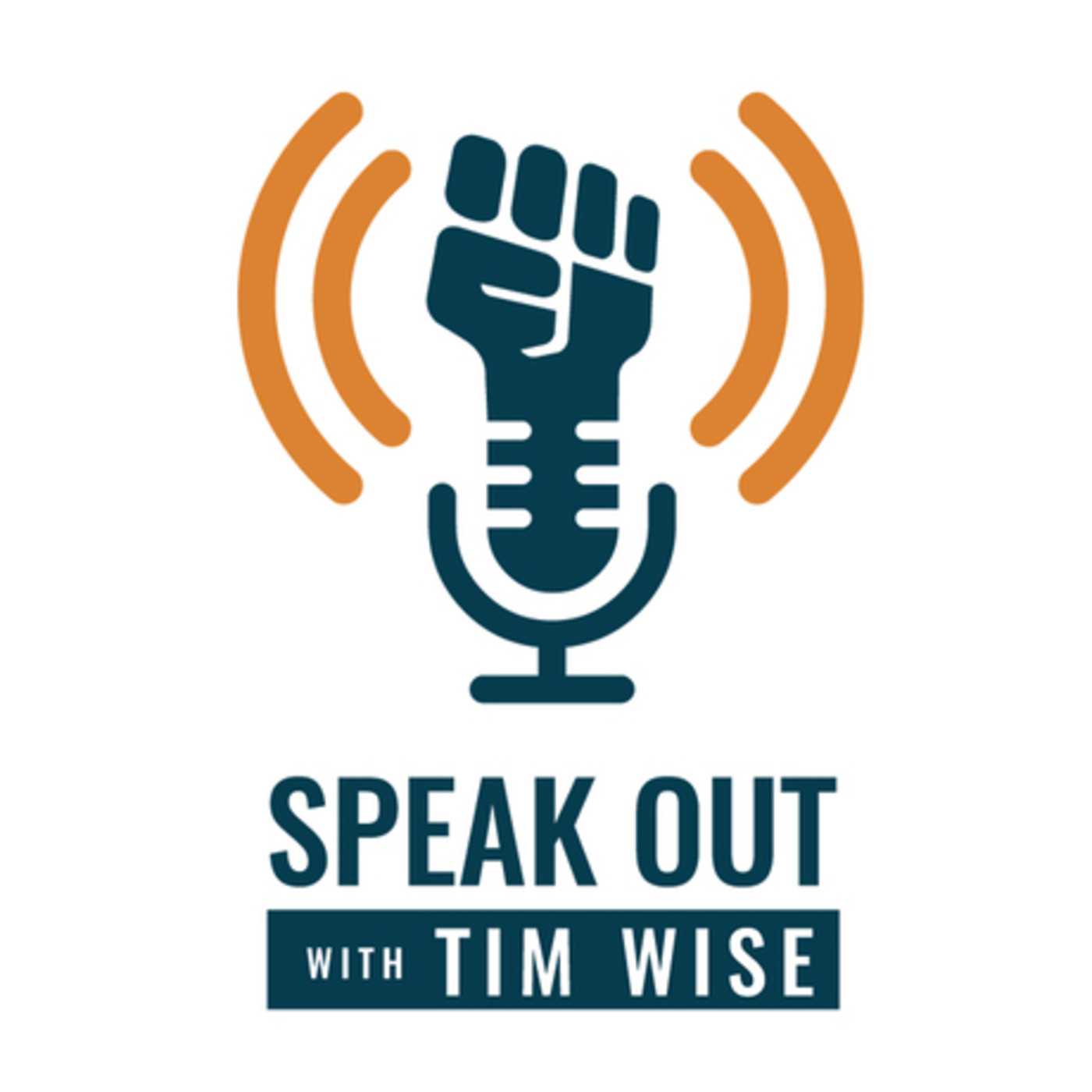
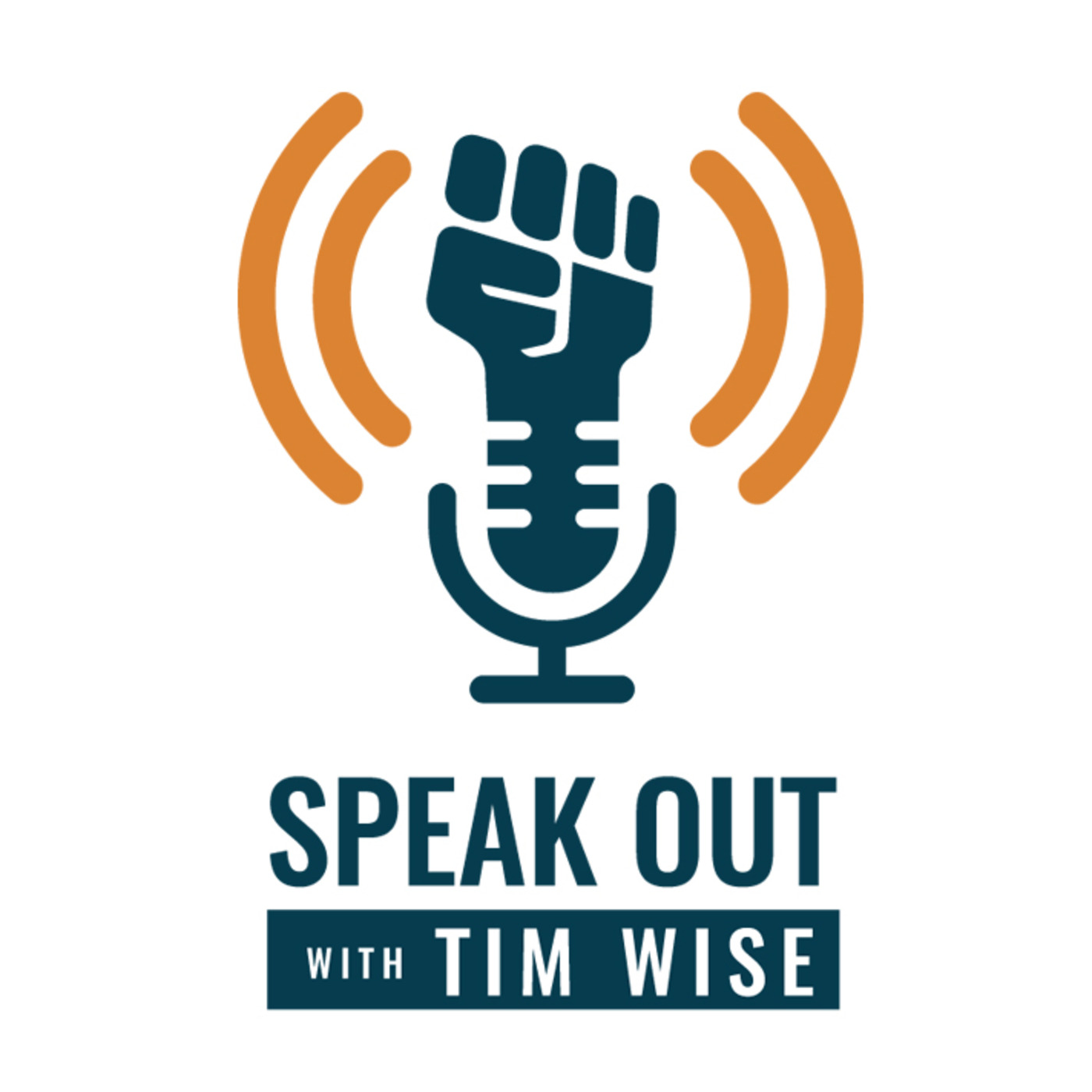
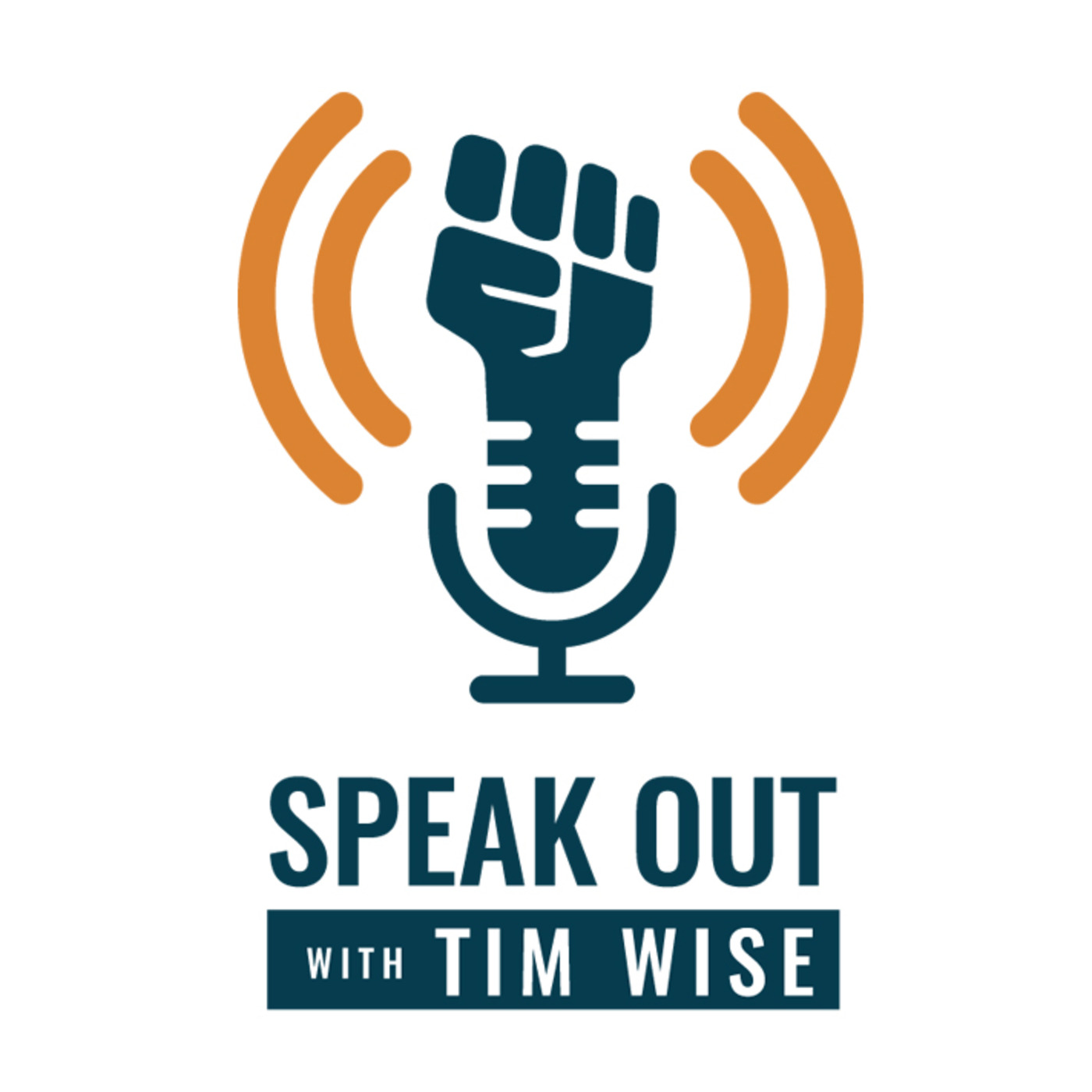
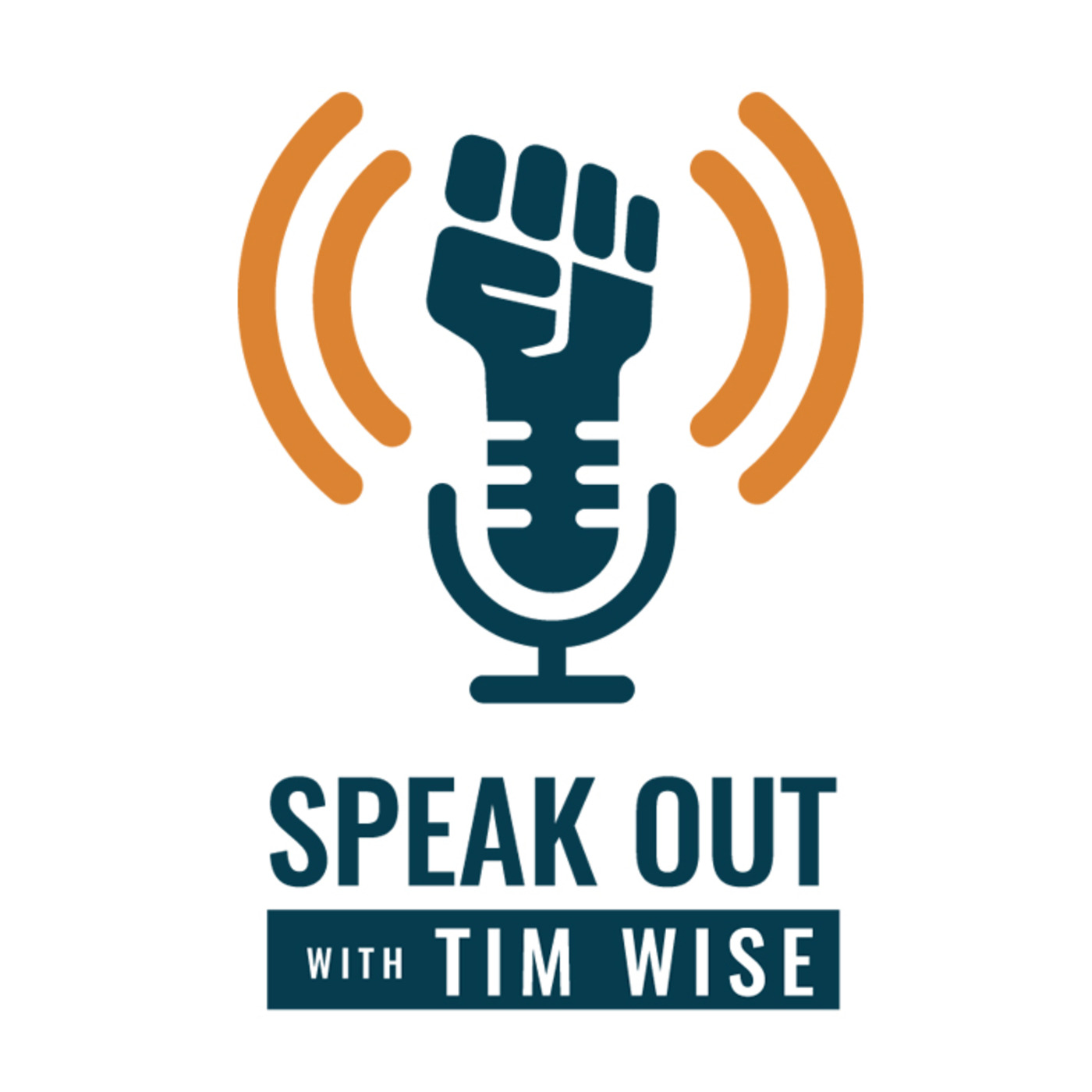
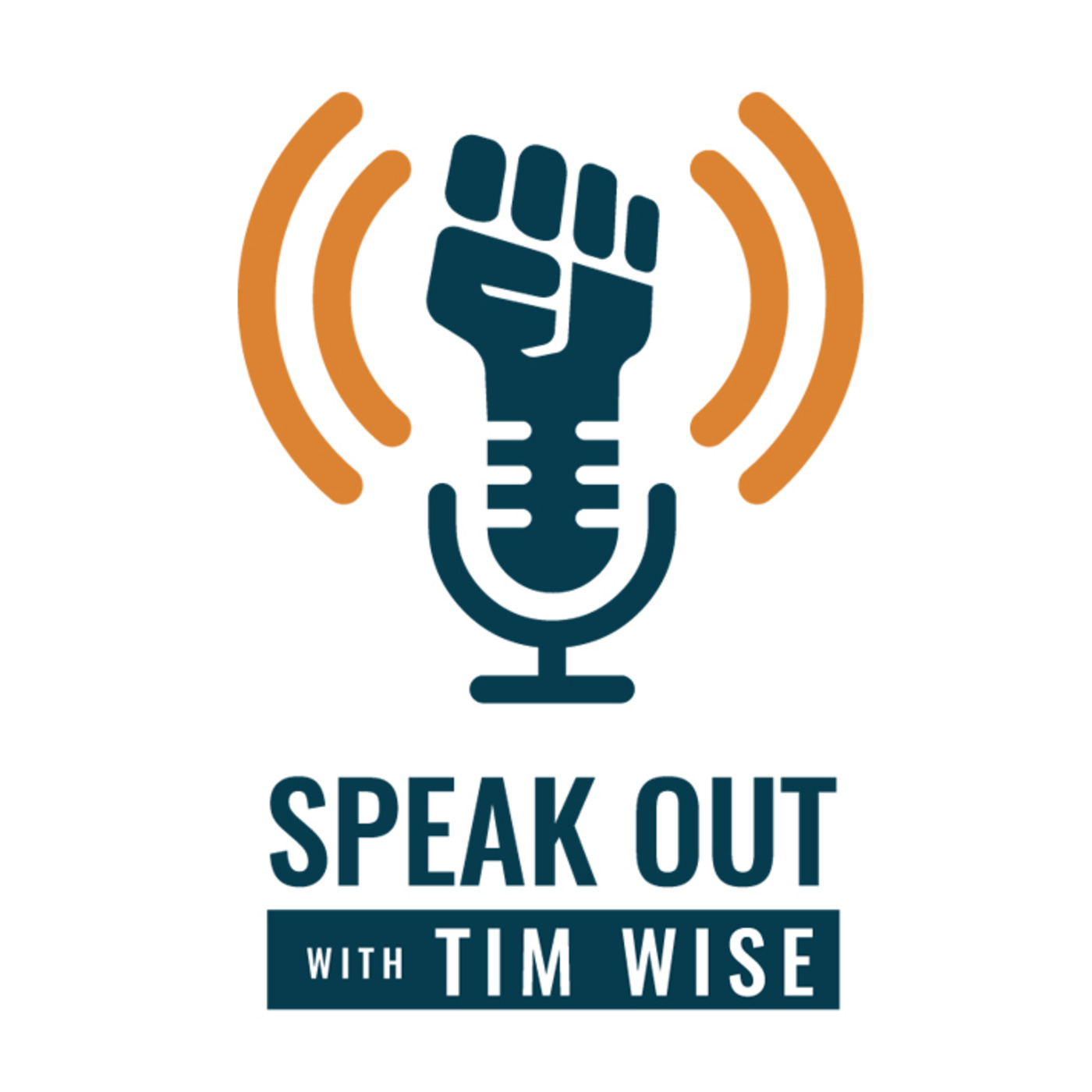
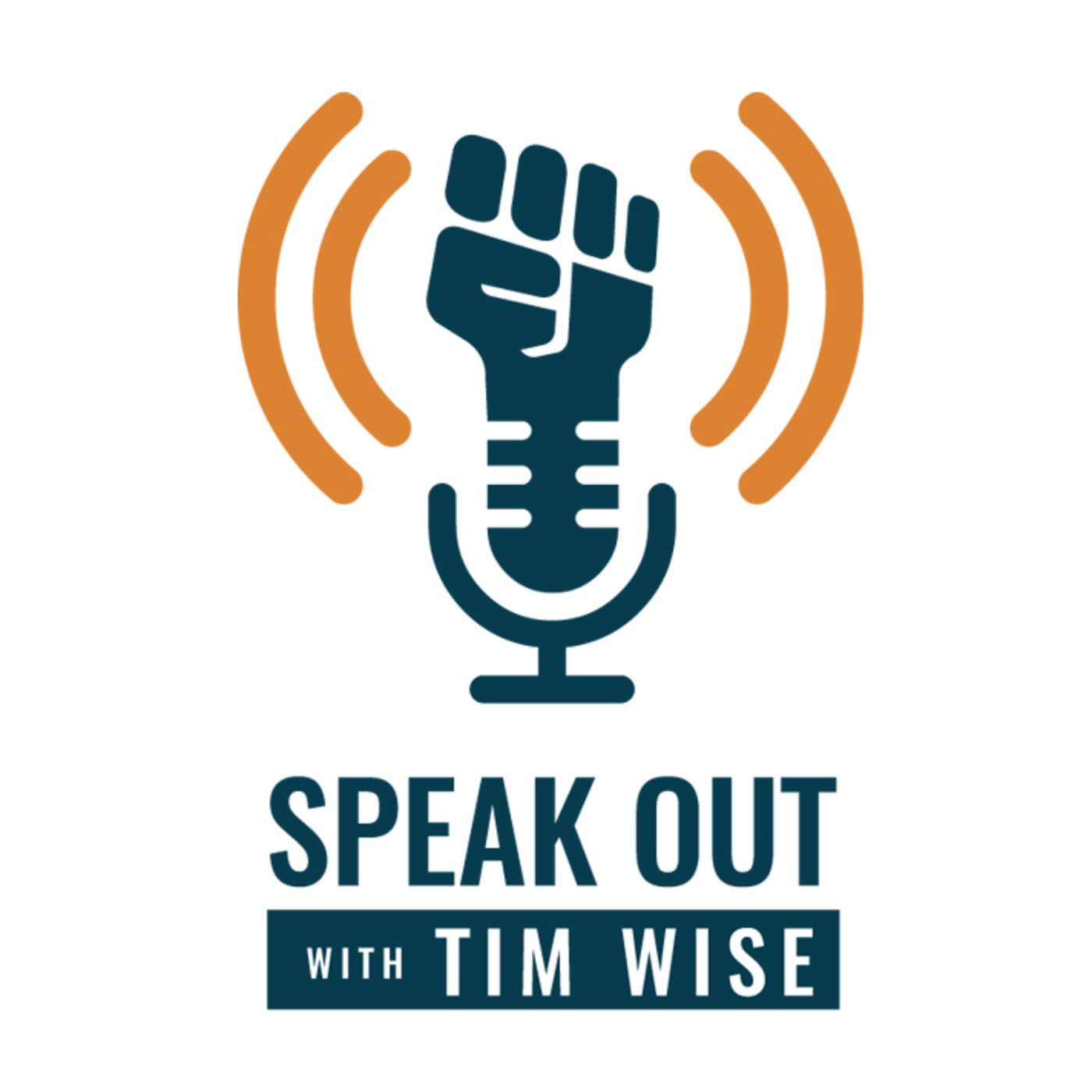
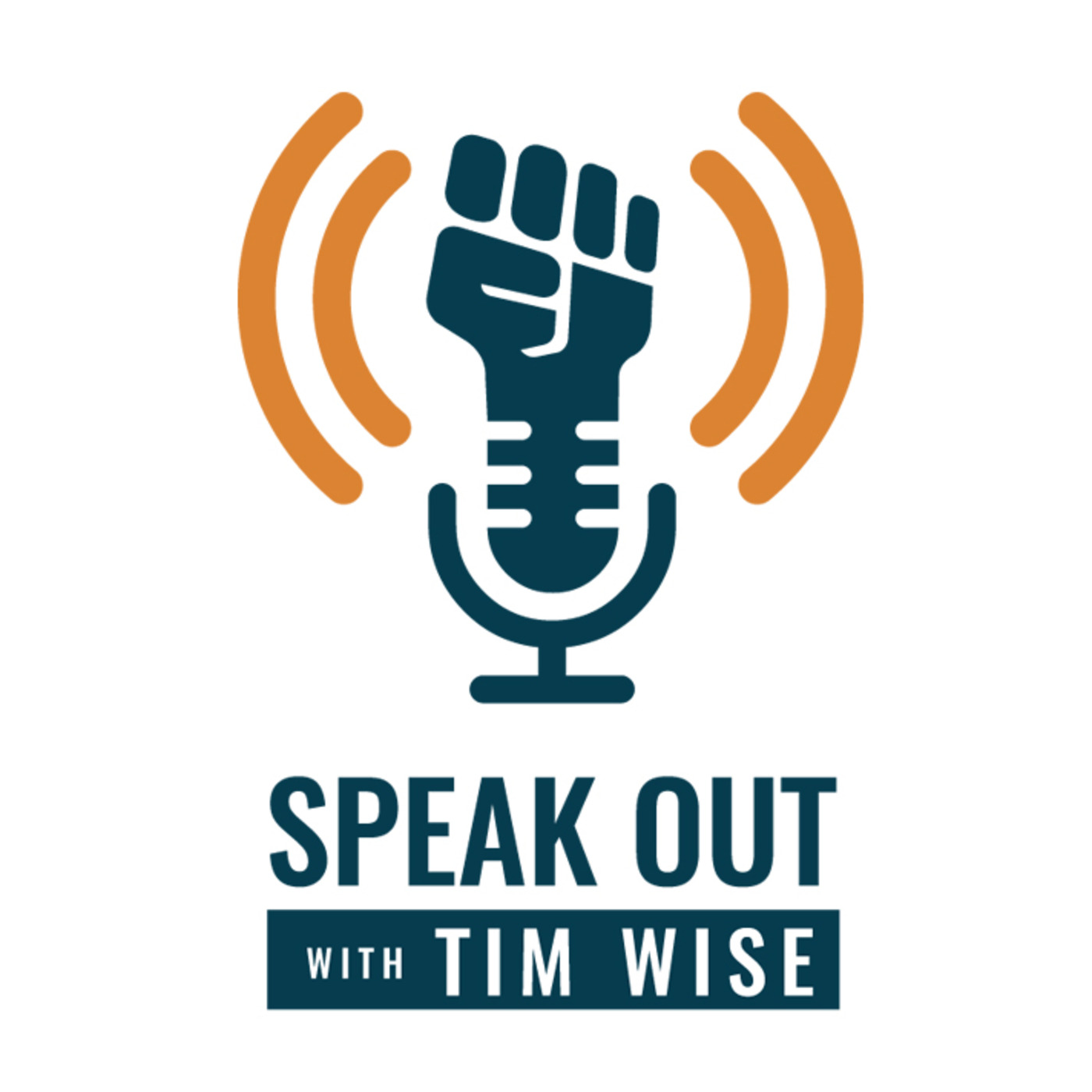
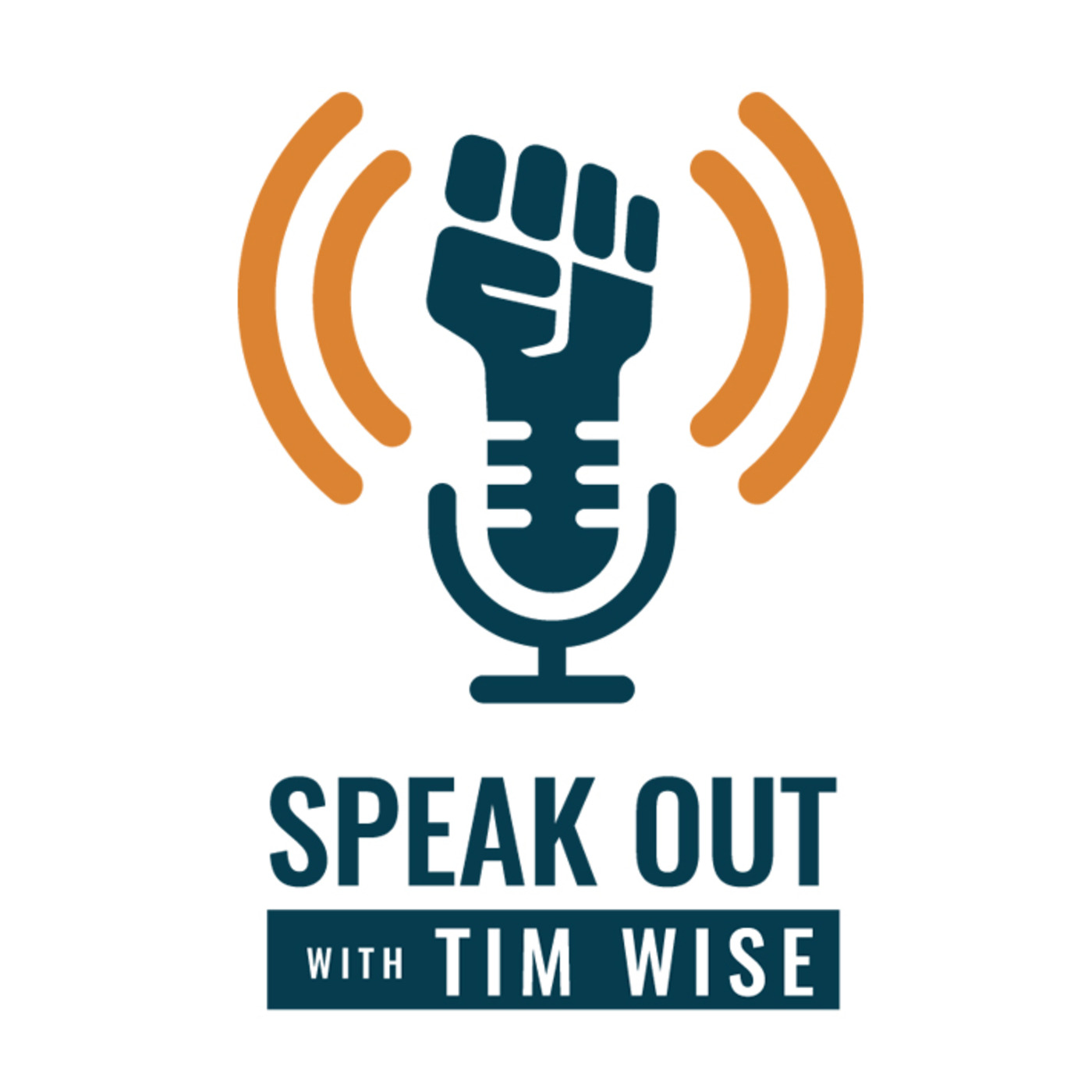
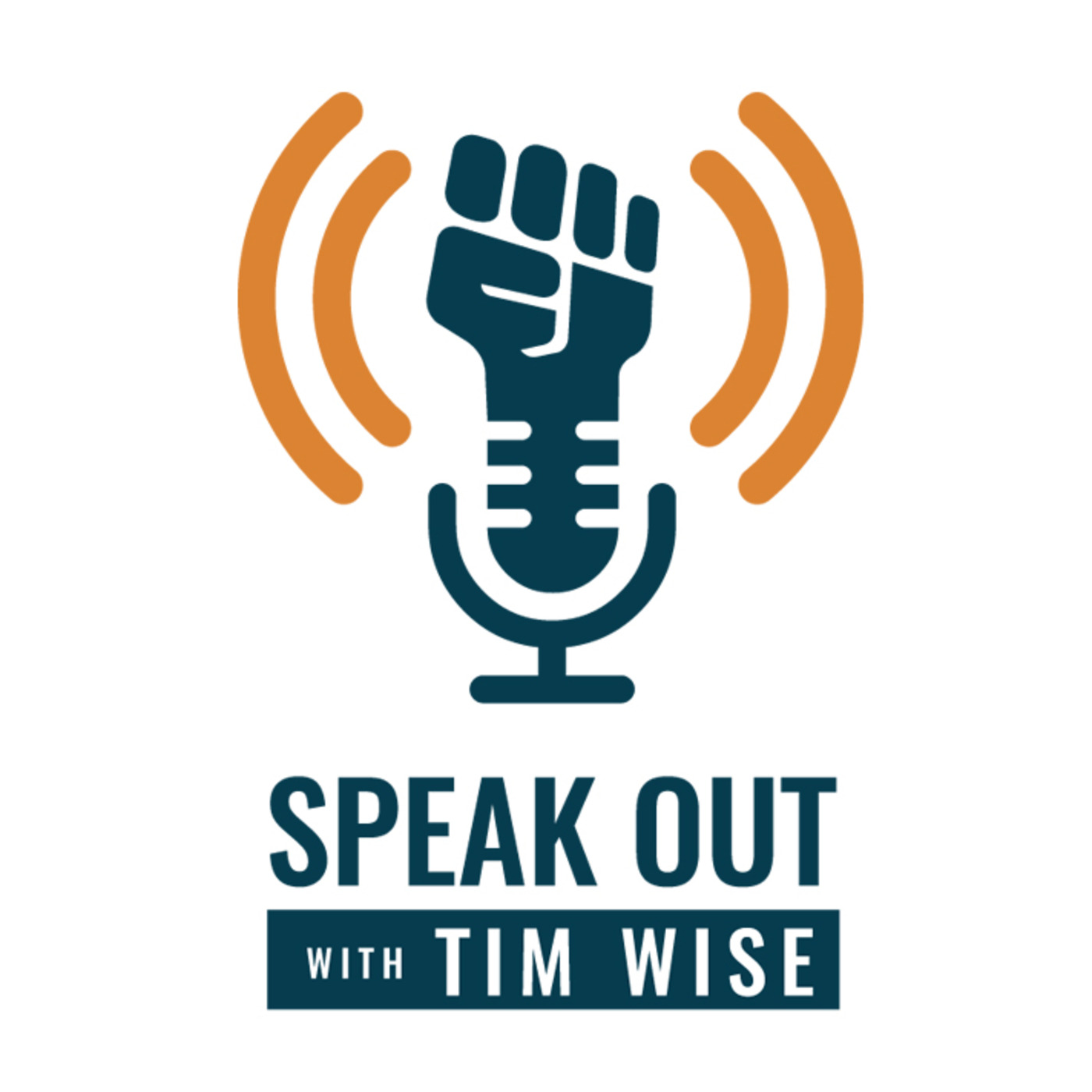
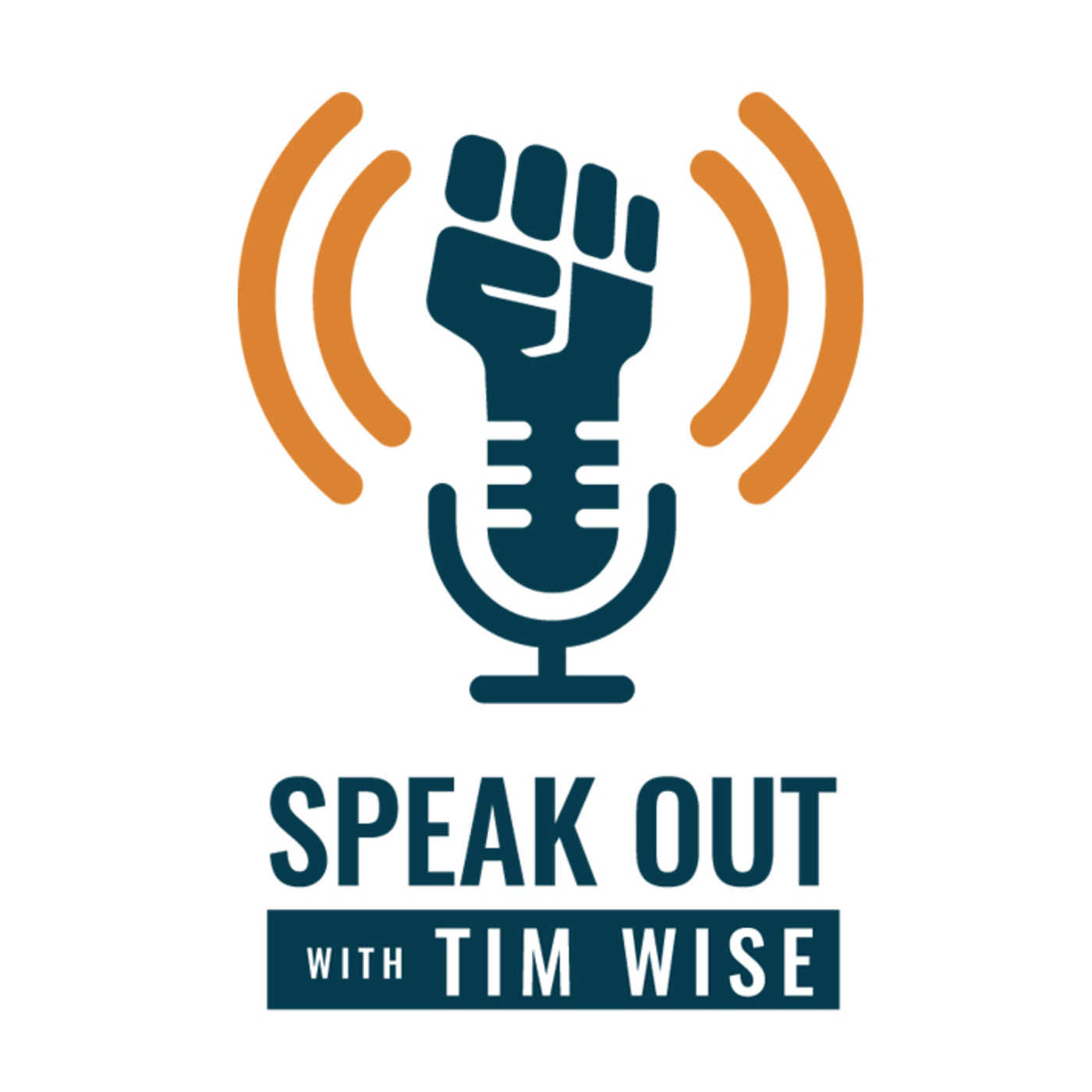
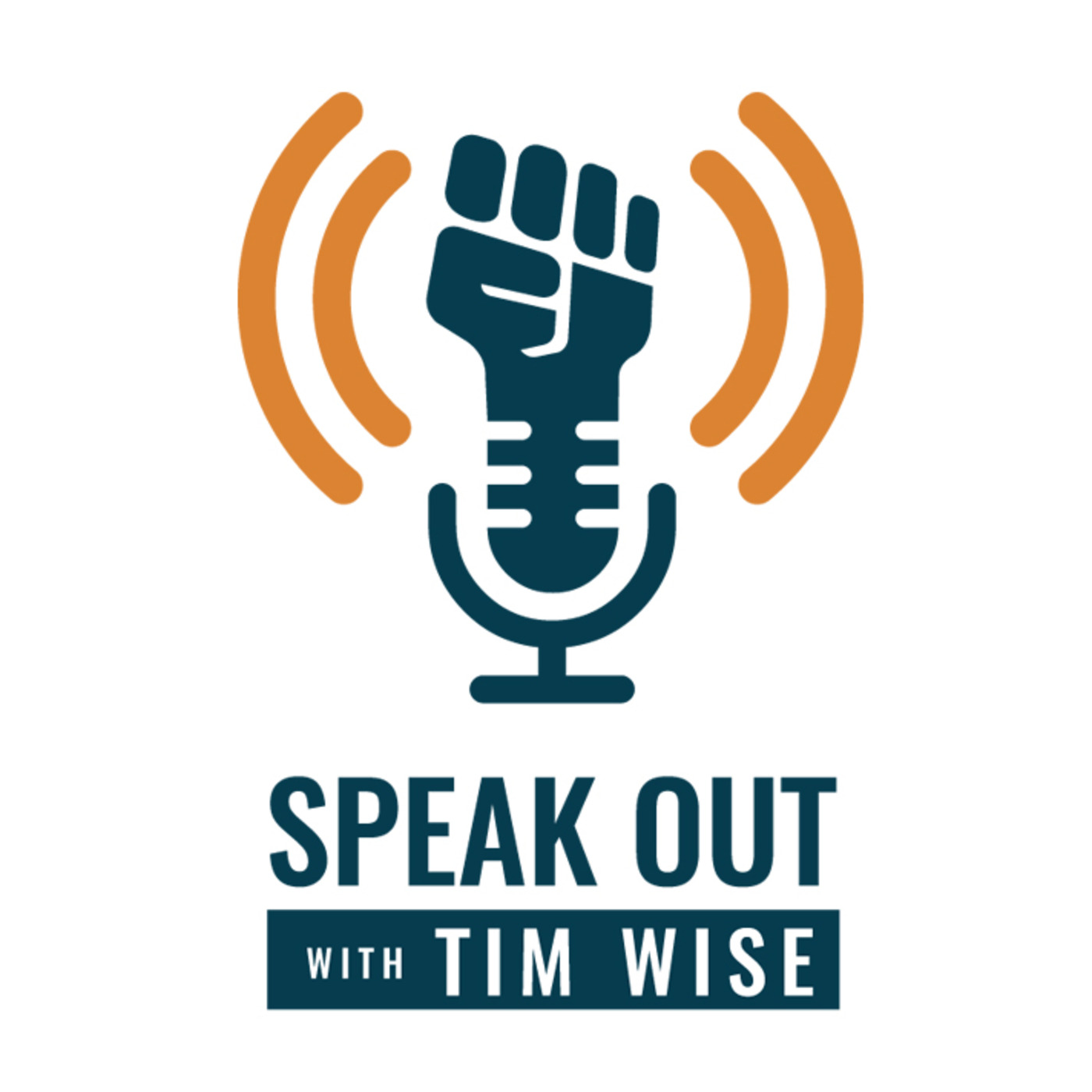
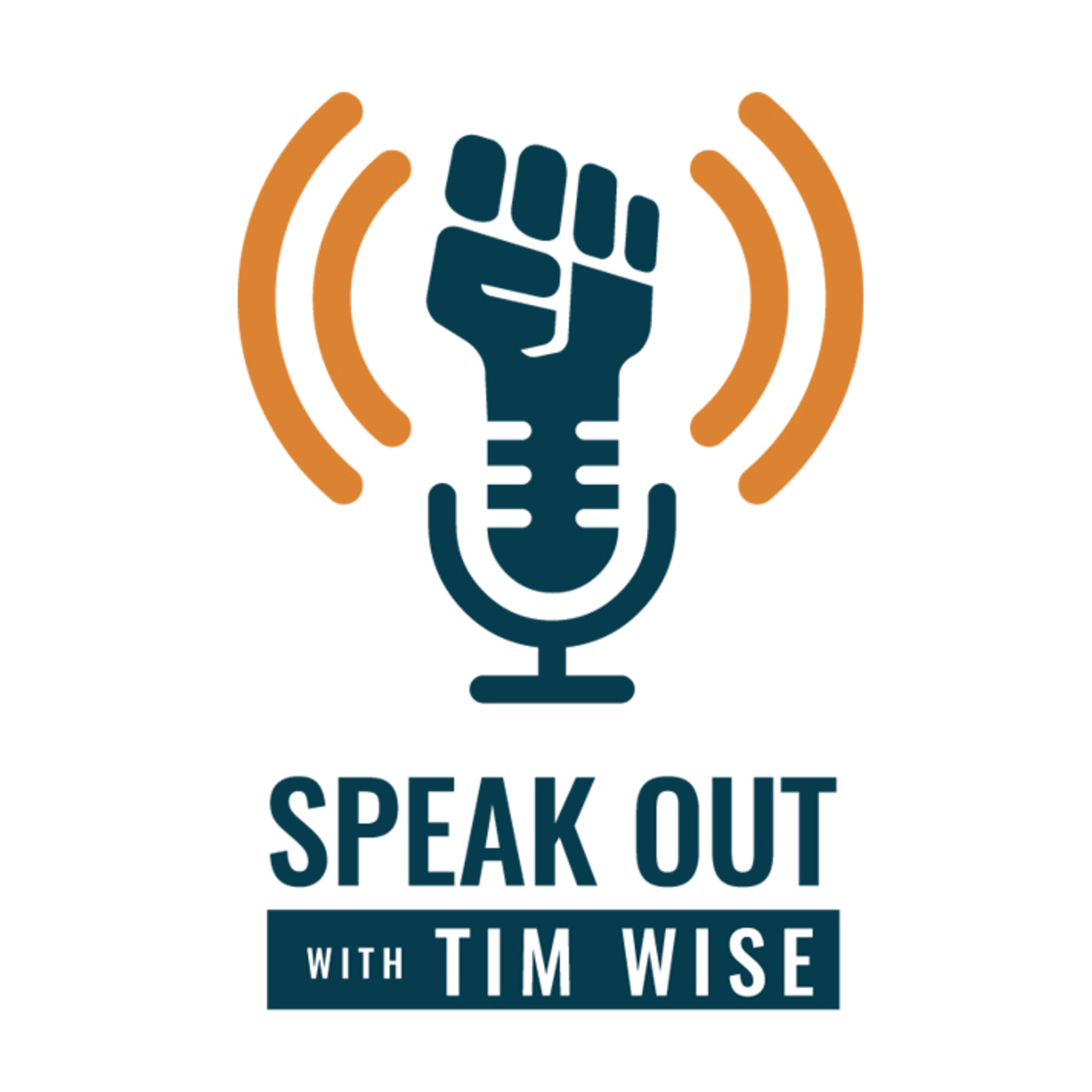
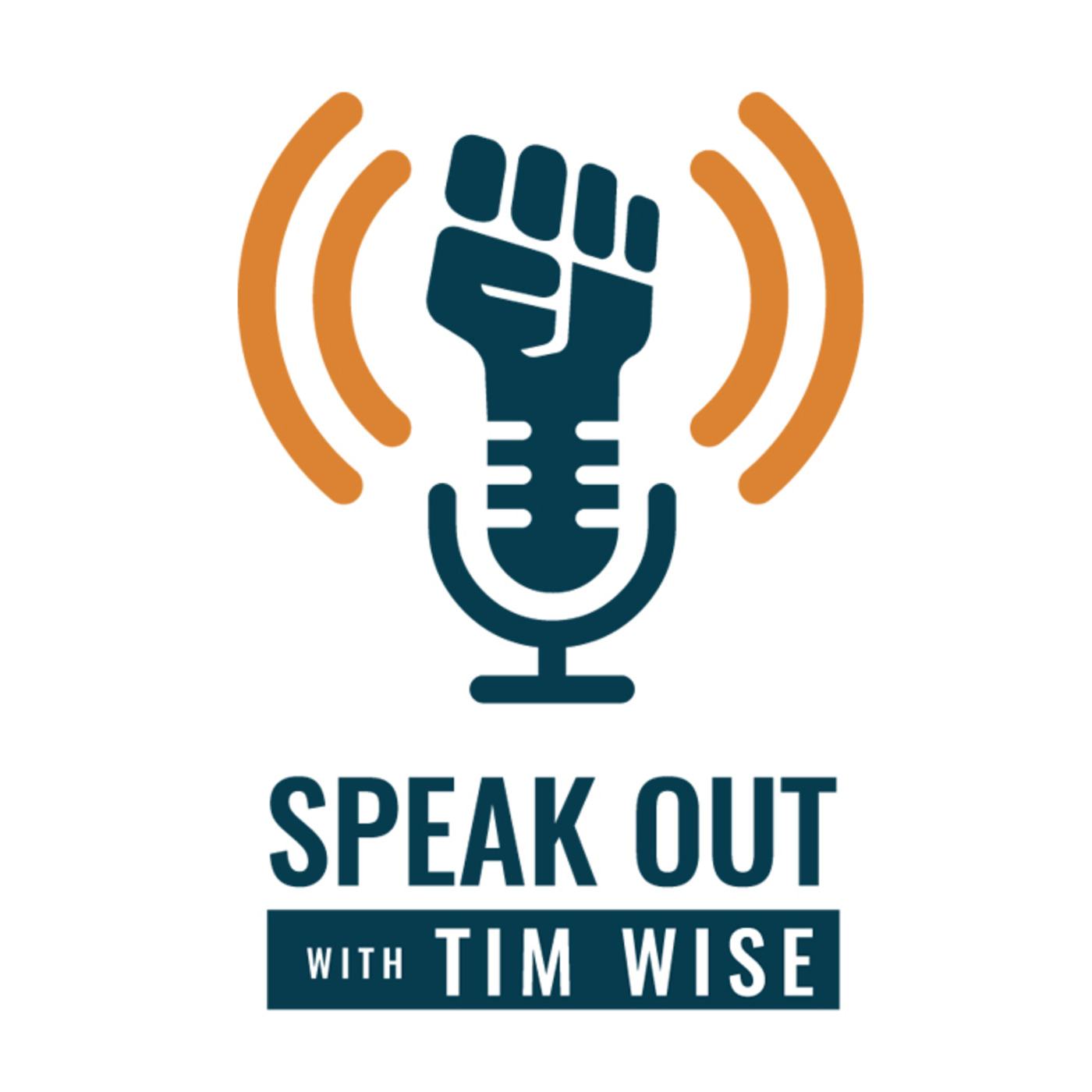
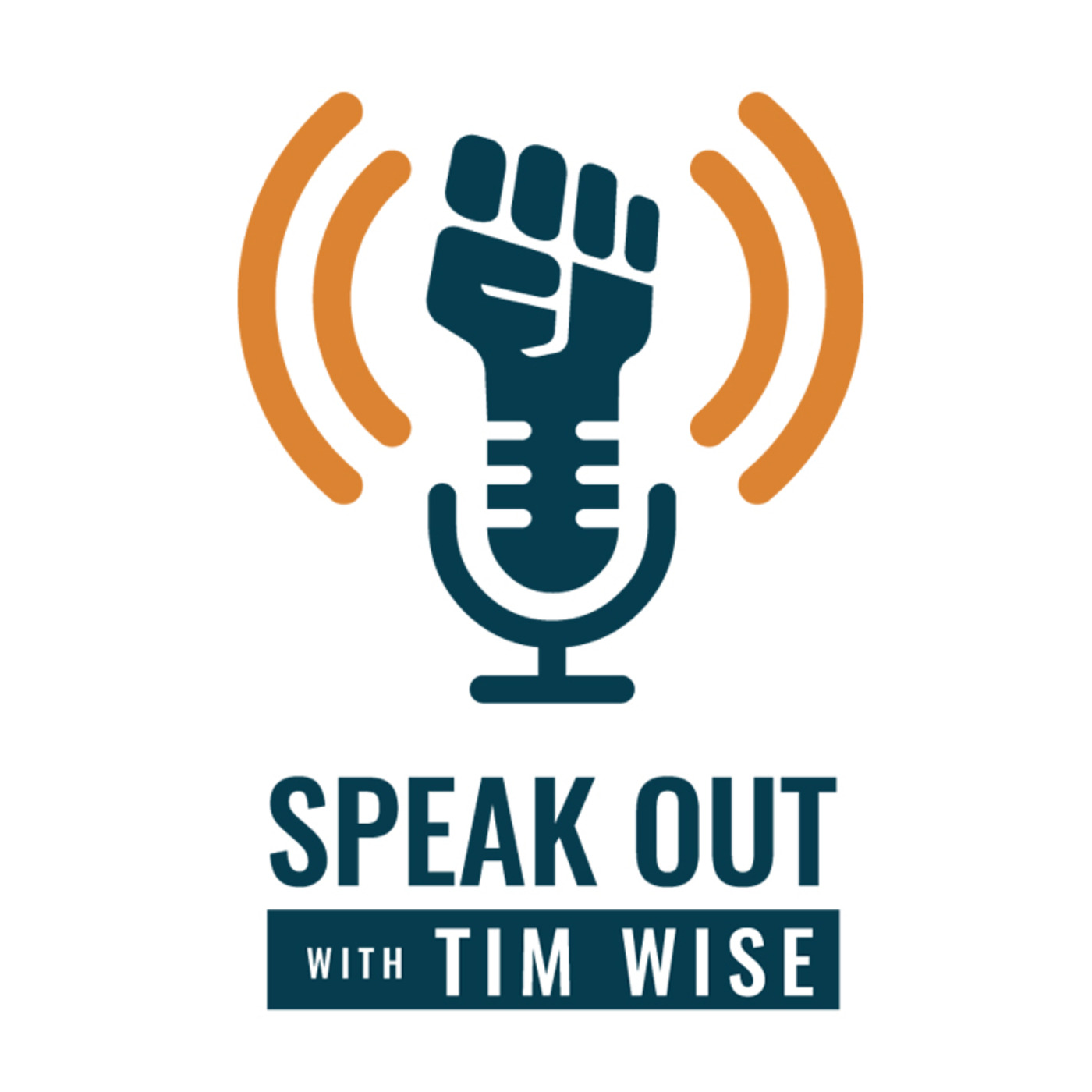
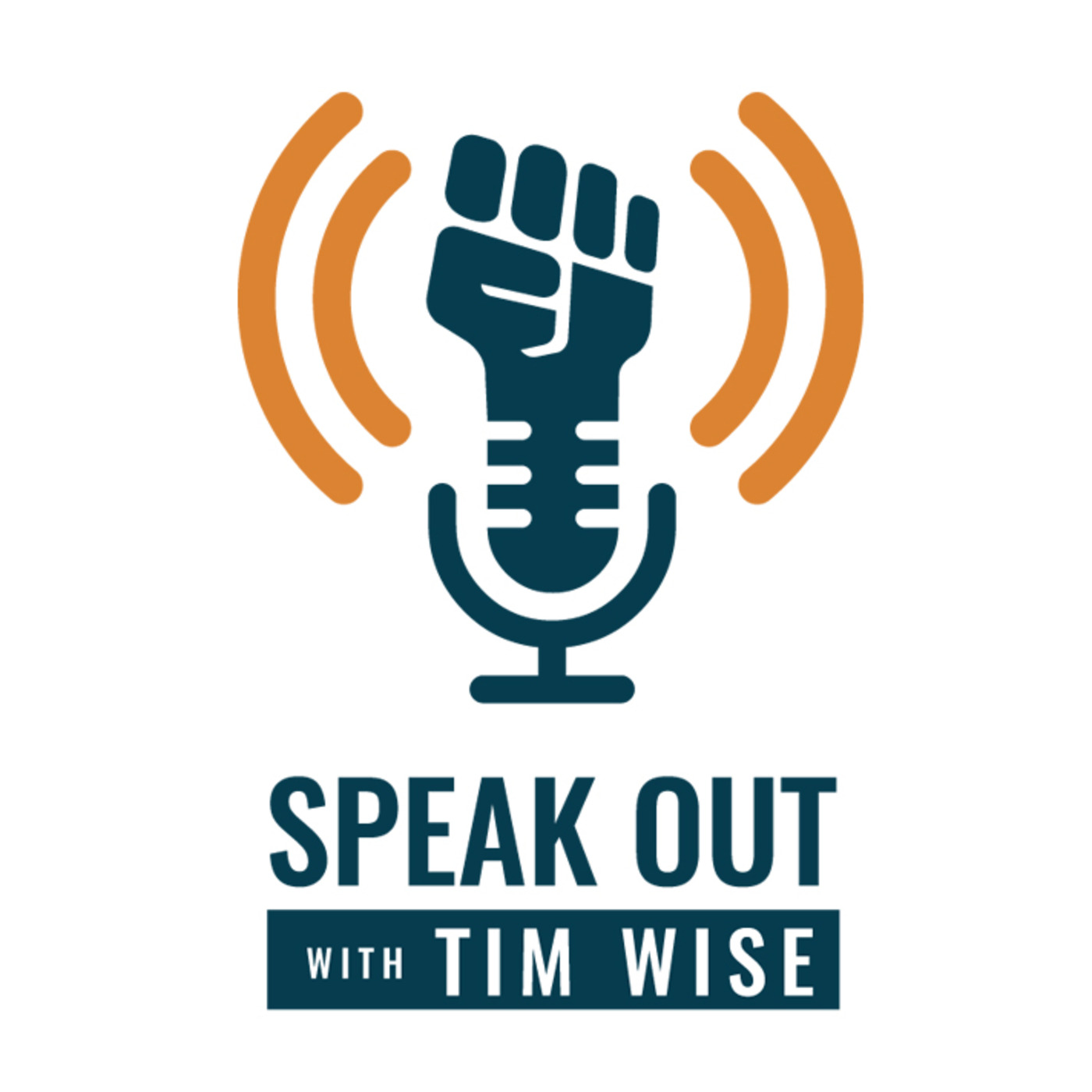
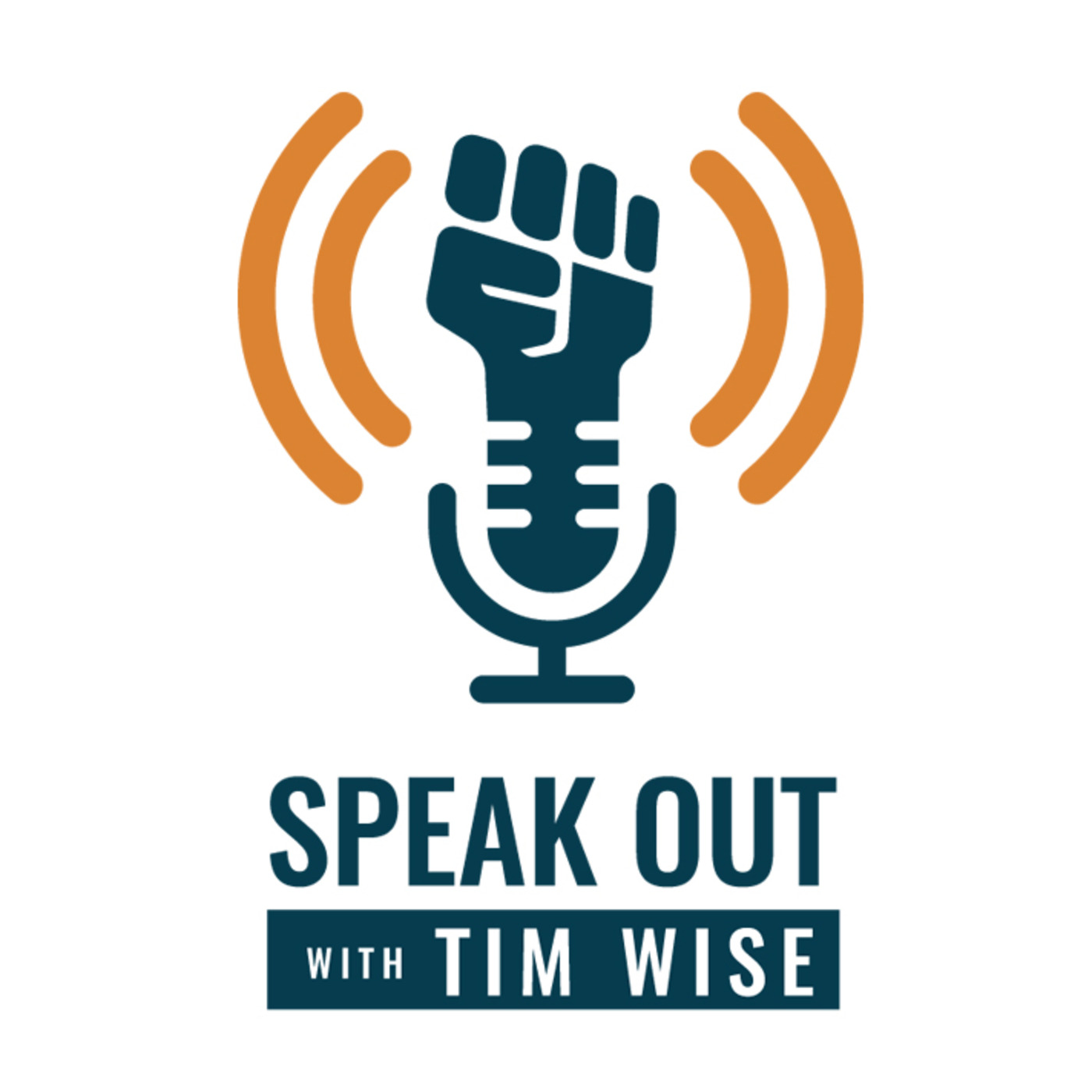
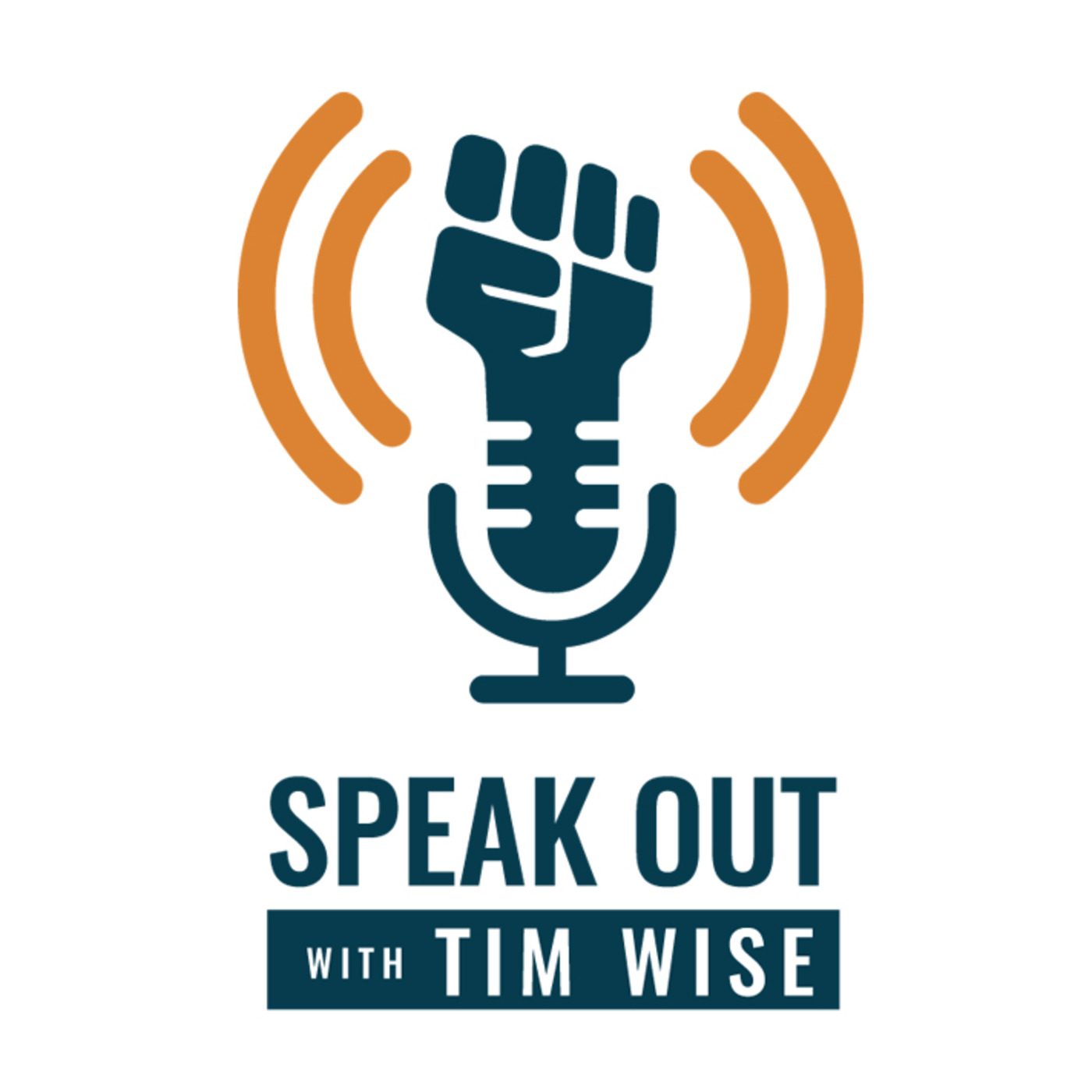
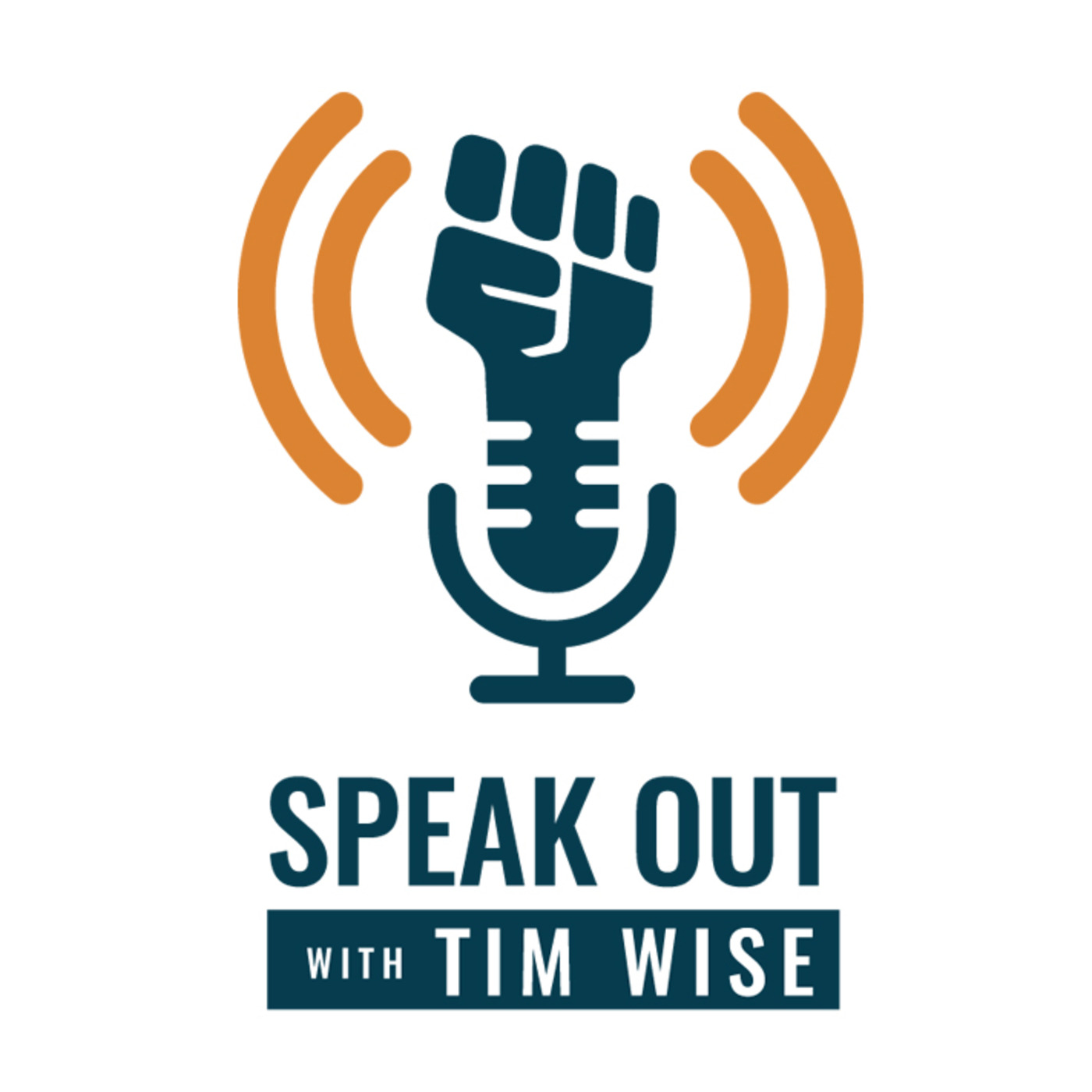
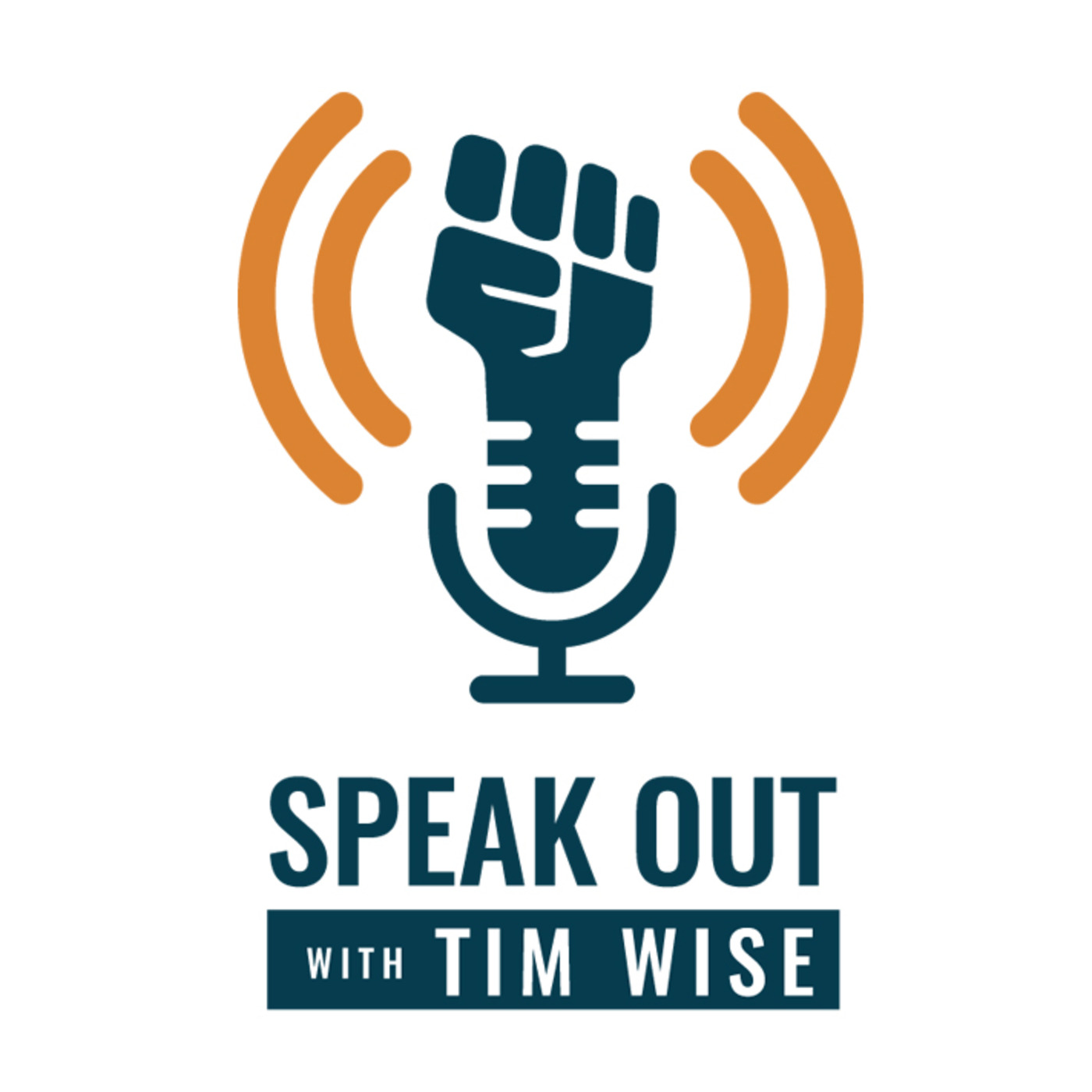
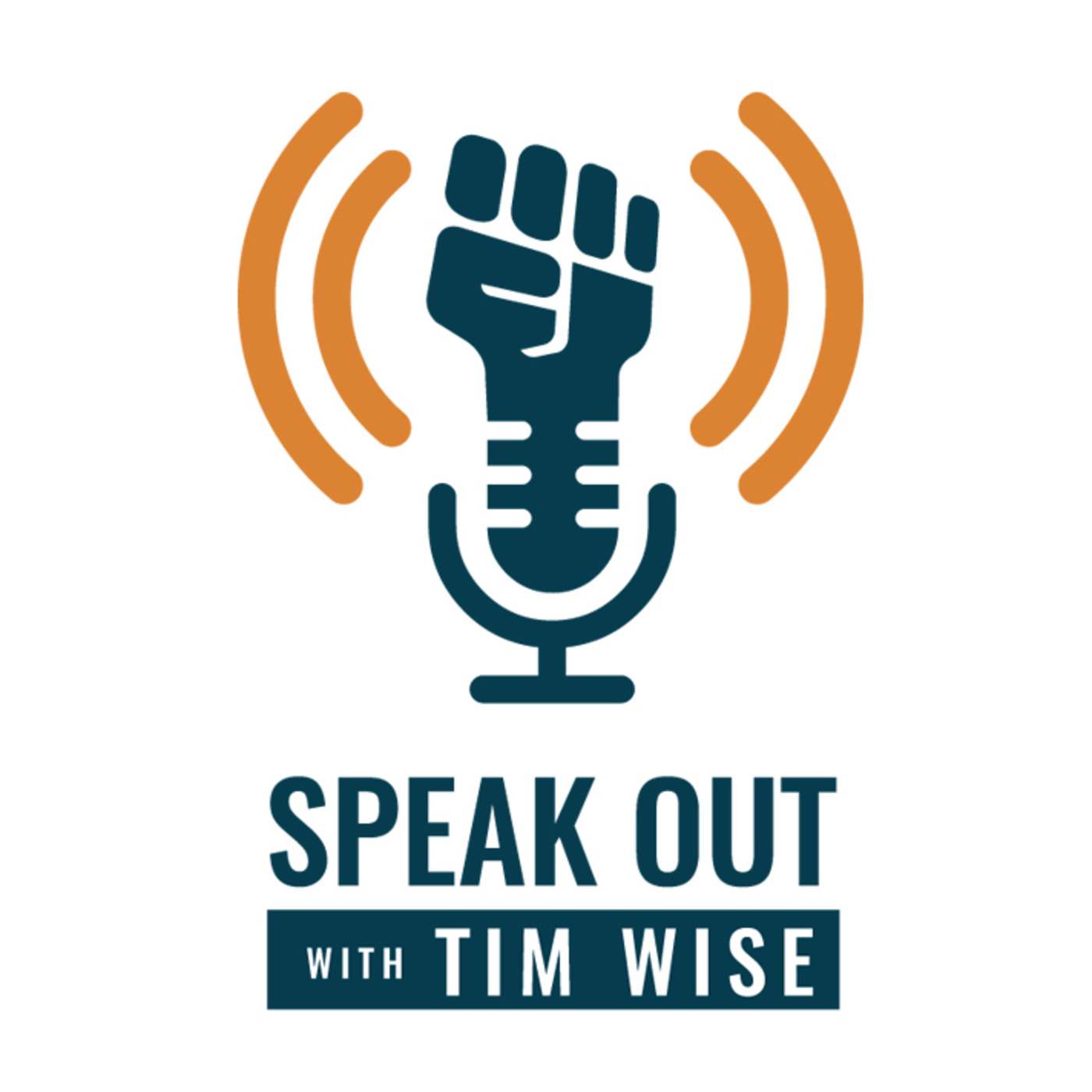



Turns out you are a total bafoon when it comes to talking about Covid19. I could crush you in a debate. Seems like you are a big pharma agenda following sheep. Can we say CNN lover? Can we say fake science follower? Can we say CDC follower when it fits your belief. What a total tool. No wonder you beg for money on your show, no wonder you don't do podcast religiously. You eat crow often so you don't speak as often because time and time again you turn out to be a government as well as China following sheep. Your credibility is done for.
really loved this show!
Beautiful explanation of mirror neurons and backfire effect.